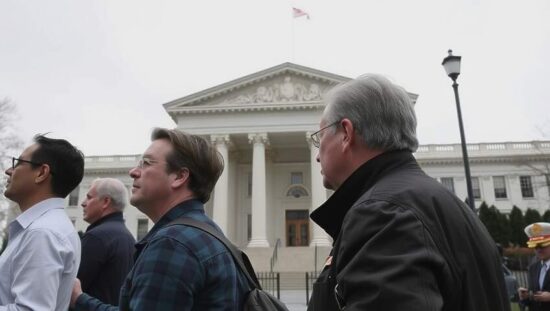The German Justice Minister, Stefanie Hubig of the SPD, has announced a forthcoming legislative overhaul of family law, signaling a potential shift in legal frameworks surrounding LGBTQ+ rights and social welfare. In an interview with “wochentaz”, Hubig detailed ongoing efforts to develop regulatory proposals, directly addressing the complexities faced by lesbian couples currently navigating adoption processes to secure legal parenthood.
Hubig highlighted the untenable situation where couples must endure lengthy and uncertain adoption procedures, raising critical concerns about the vulnerability of children in unforeseen circumstances, such as the death of the biological parent before adoption is finalized. She argued that a legal mechanism recognizing what’s often termed “double motherhood” – ensuring both women are legally recognized as parents from the outset – is urgently needed to provide children with essential legal security and alleviate the burden on social services.
The Justice Minister’s statements also touched on sensitive issues within criminal law. Hubig expressed support for the “yes means yes” principle in cases involving young people, a concept aimed at ensuring clear and voluntary consent in sexual encounters and indicated that this principle warrants further consideration within the context of adult interactions.
Hubig, self-identifying as a feminist, underscored her commitment to addressing systemic inequalities faced by women, citing their disproportionate experiences of societal disadvantage and violence. Echoing the words of French feminist Gisèle Pelicot, she emphasized the need to shift the onus of shame away from victims of violence.
Hubig’s statements also addressed ongoing debates regarding potential cuts to social welfare programs, specifically Bürgergeld (social welfare benefits). She staunchly ruled out any scenario where such cuts would directly lead to families with children experiencing homelessness, responding to concerns that punitive measures for missed appointments could disproportionately impact vulnerable families. She reaffirmed the commitment of the SPD to upholding the principles of a social welfare state and ensuring that children from disadvantaged backgrounds have the resources and opportunities for upward mobility through education. The declaration suggests a deliberate effort to navigate politically charged welfare reforms while mitigating potentially devastating consequences for families and children.





